Family Life: Tools for Family Recovery
December
Tips for Holidays
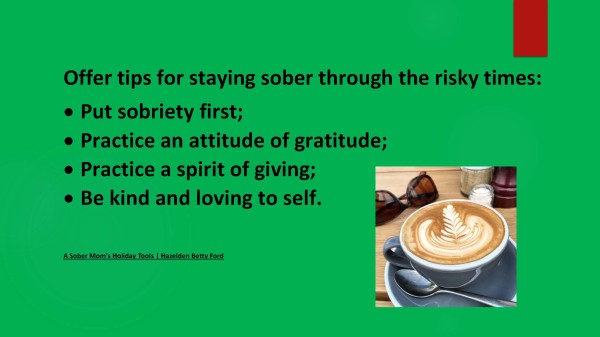
August
National Recovery Month Theme: Recovery is REAL (Restoring Every Aspect of Life)
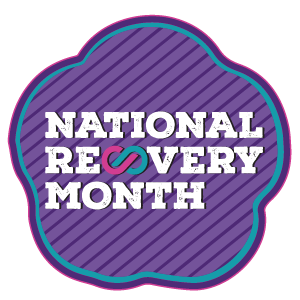 SAMHSA focuses on the four major dimensions of recovery: health, home, community, and purpose. These are the building blocks that all people need to live healthy, happy, independent lives and to reach their full potential.
SAMHSA focuses on the four major dimensions of recovery: health, home, community, and purpose. These are the building blocks that all people need to live healthy, happy, independent lives and to reach their full potential.
Week 1: Health
Key Messages:
- Believe you can recover, and you are halfway there.
- Recovery includes whole health.
- Treatment, recovery support services, and community connections make recovery possible.
Week 2: Home
Key Messages:
- A safe and supportive home strengthens recovery.
- Healing happens when you feel seen and safe at home.
- A stable home supports the recovery process.
- Recovery is a family affair.
Week 3: Community
Key Messages:
- Building social networks and a sense of community can support recovery. You are not alone, and together we can make a difference.
- Be the voice of recovery—nothing about us, without us. Share your story!
- You have not met all the people who will love you.
- Family, friends, and peers together put the "we" in wellness.
Week 4: Purpose
Key Messages:
- Be part of other people’s recovery journeys.
- Many voices, multiple pathways, one hope. Where there is hope, there is recovery. Everyone can play a role in recovery—what’s yours?
- You are worthy of joy. It is closer than you think.
- You are not alone. Building social networks and a sense of community can support recovery. Together, we can make a difference.
Smart Recovery
 A lapse in recovery can be a stressful experience. This guest blog post by Amit, a SMART Facilitator in NYC, offers a lens for both understanding the lapse and building recovery momentum moving forward.
A lapse in recovery can be a stressful experience. This guest blog post by Amit, a SMART Facilitator in NYC, offers a lens for both understanding the lapse and building recovery momentum moving forward.
May
Drugs A to Z
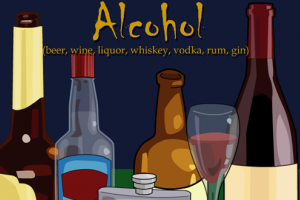 National Institute on Drug Abuse offers updated information. Drugs A to Z gives basic information on drugs with addictive potential, including how they are used, how they make people feel, and their health effects, including risk for substance use disorder. Treatment options for substance use disorders related to these drugs are also included.
National Institute on Drug Abuse offers updated information. Drugs A to Z gives basic information on drugs with addictive potential, including how they are used, how they make people feel, and their health effects, including risk for substance use disorder. Treatment options for substance use disorders related to these drugs are also included.
To read more on drug use and addiction, see NIDA’s Drugs A to Z | National Institute on Drug Abuse (NIDA).
April
Parents of Teens Support Group
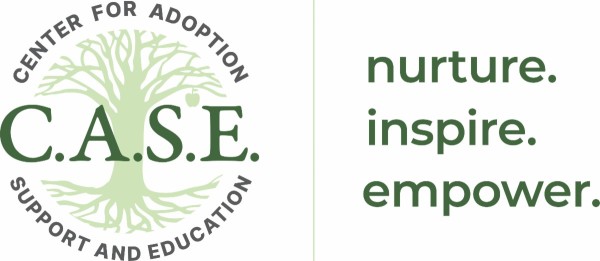 Parents of Teens Support Group is for adoptive and foster parents of teenagers looking to make connections and build a network of support with other parents in a similar stage of life. This six-week virtual support group begins on Tuesday, May 20, 2025 and will meet each Tuesday through July 1, 2025 from 7:00-8:30 PM(EST). *Please note, there is no group on June 17. This is a drop-in group and participation at every session is not required.
Parents of Teens Support Group is for adoptive and foster parents of teenagers looking to make connections and build a network of support with other parents in a similar stage of life. This six-week virtual support group begins on Tuesday, May 20, 2025 and will meet each Tuesday through July 1, 2025 from 7:00-8:30 PM(EST). *Please note, there is no group on June 17. This is a drop-in group and participation at every session is not required.
WHEN: 6:00PM - 7:30PM, 6 weekly sessions - 5/20, 5/27, 6/3, 6/10, 6/24, and 7/1 *No group on 6/17.
WHERE: Zoom
COST: FREE! Parents of Teens Support Group — C.A.S.E.
NACoA Support
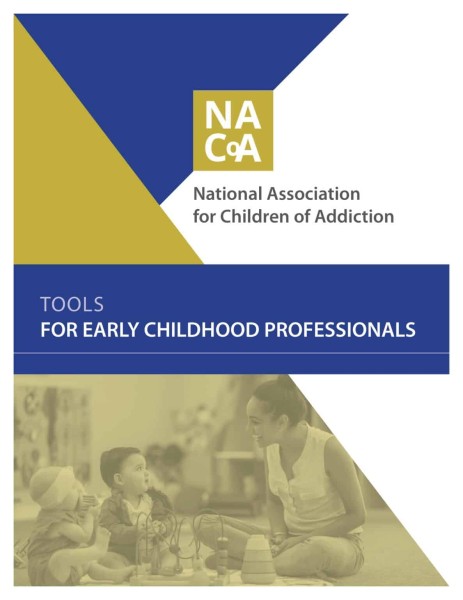 The National Association for Children of Addiction appreciates the unique position of Early Childhood Professionals, caring adults who lay the groundwork and foundational skills in the formative years so young children can be healthy and resilient. For children in families affected by SUDs, their role becomes more important, and the Tools for Early Childhood Professionals can help. Check out this resource that assists and empowers professionals to recognize the uniqueness when working with these families, and how to advocate for their best interests in a gentle, respectful way.
The National Association for Children of Addiction appreciates the unique position of Early Childhood Professionals, caring adults who lay the groundwork and foundational skills in the formative years so young children can be healthy and resilient. For children in families affected by SUDs, their role becomes more important, and the Tools for Early Childhood Professionals can help. Check out this resource that assists and empowers professionals to recognize the uniqueness when working with these families, and how to advocate for their best interests in a gentle, respectful way.
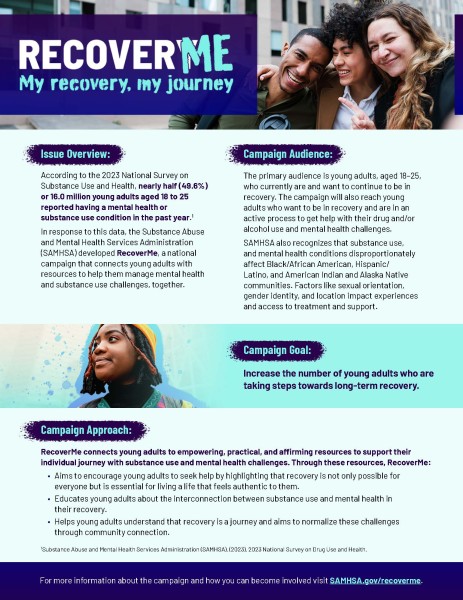
October 2024
Parent Holiday Virtual Support Group
 This is a free, virtual, one-time support group meeting for parents of adoptees with the purpose of connecting with other parents to learn how to navigate the joys and challenges of the holiday season. Parents will learn effective strategies for navigating these times as well as learn how to view the holidays from their child’s perspectives. Parents will also receive helpful resources to support them during the holidays. Join Monday, November 18, 2024: 5:00 – 6:30 CT.
This is a free, virtual, one-time support group meeting for parents of adoptees with the purpose of connecting with other parents to learn how to navigate the joys and challenges of the holiday season. Parents will learn effective strategies for navigating these times as well as learn how to view the holidays from their child’s perspectives. Parents will also receive helpful resources to support them during the holidays. Join Monday, November 18, 2024: 5:00 – 6:30 CT.
What is SMART Recovery?
 Self Management and Recovery Training (SMART) is an evidenced-informed recovery method grounded in Rational Emotive Behavioral Therapy (REBT) and Cognitive Behavioral Therapy (CBT), that supports people with substance dependencies or problem behaviors to:
Self Management and Recovery Training (SMART) is an evidenced-informed recovery method grounded in Rational Emotive Behavioral Therapy (REBT) and Cognitive Behavioral Therapy (CBT), that supports people with substance dependencies or problem behaviors to:
- Build and maintain motivation
- Cope with urges and cravings
- Manage thoughts, feelings and behaviors
- Live a balanced life
SMART Recovery was established in 1994, here in the USA, to meet the increasing demand of those seeking a secular and evidence-informed alternative to the widespread 12-Step addiction recovery program. Such was its popularity that SMART Recovery grew from 42 meetings at the beginning to more than 1,500 in North America alone today and now proliferating worldwide in 23 countries and counting.
To earn more, visit: Home - SMART Recovery.
Positive Parenting
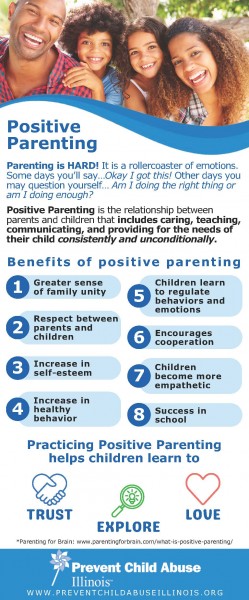
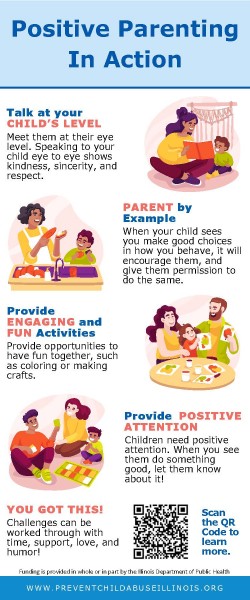 Read and Learn about the tips for healthy and positive parenting. Visit the following for more information. PCA Illinois | Prevention Literature (preventchildabuseillinois.org)
Read and Learn about the tips for healthy and positive parenting. Visit the following for more information. PCA Illinois | Prevention Literature (preventchildabuseillinois.org)
Confident Parenting in Recovery, from Hazelden Publishing, offers advice and tools from educators, counselors, and parents who have unique perspectives because they too have struggled with the same parenting challenges in their recovery journey. Topics include:
- Discovering your parenting style
- Exploring stages of child development
- Setting limits
- Addressing trauma experienced by children of parents with addictions
- Teaching better behavior through motivational strategies
This DVD is ideal for a variety of settings including treatment centers, mental health centers, and correctional facilities. This video series can help those in early recovery overcome some of the basic challenges of recovery and increase their chances of living a healthy life.
Hazelden Store: Confident Parenting in Recovery DVD. Published in 2016.
Veterans & Service Members - 988 Suicide & Crisis Lifeline (988lifeline.org)
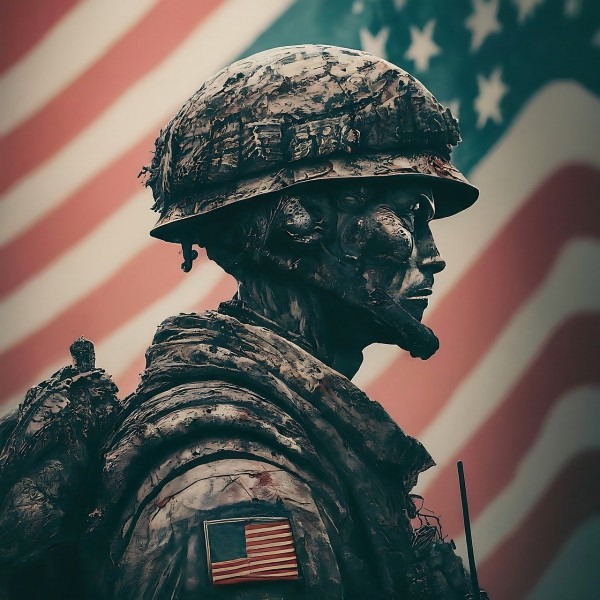 For those that serve or who have served, crises can be heightened by their experiences during military service. Help veterans and service members take care of themselves. If you know someone who is struggling with issues concerning you, read the resource and share it with them. Help your loved one know it is okay to ask for help.
For those that serve or who have served, crises can be heightened by their experiences during military service. Help veterans and service members take care of themselves. If you know someone who is struggling with issues concerning you, read the resource and share it with them. Help your loved one know it is okay to ask for help.
How To Take Care Of Yourself
- Crisis feels different for everybody and can arise from a wide range of situations before, during, or after military service.
- Ask for help. Don’t be afraid to let your friends know what you need when they ask; they want to help. You can also reach out to confidential 24/7 services like the Veterans Crisis Line.
- Find a support group. Talk to other veterans who have gone through the same kind of trauma that you have. You can access groups through your local VA hospital. Alternatively, you can ask about groups through a local VFW or American Legion.
- Veterans who are experiencing or are at risk of experiencing homelessness can access confidential services via chat or phone.
- Make a safety plan. Have a step-by-step plan ready for if/when you feel depressed, suicidal, or in crisis, so you can start at step one and continue through the steps until you feel safe. Having a template on hand with an established plan may be helpful, or you can get help and guidance at org/.
How To Help:
- Ask and listen.
- Get them help and take care of yourself.
- Be there. Everyone deals with pain differently. A simple act of kindness to the veteran or service member in your life can help that person feel less alone.
Veterans & Service Members - 988 Suicide & Crisis Lifeline (988lifeline.org)
Psychedelics Resource Center
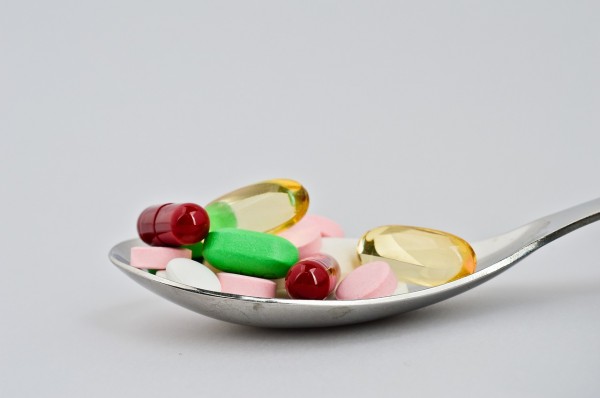 Psychedelics are substances that can change the way people see and experience life. They are known to create vivid sights and sounds, influence moods and promote a sense of connection with nature and the world. Recent research on their potential use to treat mental and physical health issues has sparked interest in psychedelic-based therapy. Ongoing research suggests that psychedelics may be useful in treating conditions such as depression, anxiety and PTSD. However, the shared information of what psychedelics can do sometimes doesn’t match with the scientific evidence. If considering this healthcare approach, accessing guidance about possible benefits and risks is the best way to make informed decisions. Partnership to End Addiction has an on-line Psychedelics Resource Center to help you stay informed.
Psychedelics are substances that can change the way people see and experience life. They are known to create vivid sights and sounds, influence moods and promote a sense of connection with nature and the world. Recent research on their potential use to treat mental and physical health issues has sparked interest in psychedelic-based therapy. Ongoing research suggests that psychedelics may be useful in treating conditions such as depression, anxiety and PTSD. However, the shared information of what psychedelics can do sometimes doesn’t match with the scientific evidence. If considering this healthcare approach, accessing guidance about possible benefits and risks is the best way to make informed decisions. Partnership to End Addiction has an on-line Psychedelics Resource Center to help you stay informed.
Check out: Psychedelics Resource Center - Partnership to End Addiction (drugfree.org).
Sharing the Journey
 Sharing the Journey: Voices from the Field is a collection of stories by FRIENDS National Center Parent Advisory Council that include audio, video, and animated stories created and shared by parent leaders and practitioners nationwide. The series is divided into three categories: Voices of Parent Leaders, Parent Stories on Preventing Child Neglect, and Voice of Parents and Practitioners. Each selection is told in the authentic voice of the author. Click on the tabs below to view the full list of stories within each category or visit the media library and use the search engine to identify stories by topic, protective factor, or keyword.
Sharing the Journey: Voices from the Field is a collection of stories by FRIENDS National Center Parent Advisory Council that include audio, video, and animated stories created and shared by parent leaders and practitioners nationwide. The series is divided into three categories: Voices of Parent Leaders, Parent Stories on Preventing Child Neglect, and Voice of Parents and Practitioners. Each selection is told in the authentic voice of the author. Click on the tabs below to view the full list of stories within each category or visit the media library and use the search engine to identify stories by topic, protective factor, or keyword.
Visit: Sharing the Journey: Voices from the Field | Friends NRC
From Partnership to End Addiction;
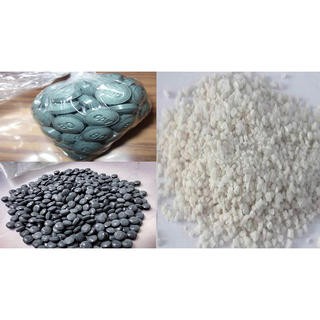 “Any step to reduce use or to lower the risks when using substances is a step toward wellness. It might not be what you want for your child, but it’s moving in a healthier direction.”
“Any step to reduce use or to lower the risks when using substances is a step toward wellness. It might not be what you want for your child, but it’s moving in a healthier direction.”
According to Partnership to End Addiction: “Every day, we engage in some form of harm reduction. We wash hands to minimize the risk of COVID-19, use seat belts when driving or wear helmets when playing sports. Similarly, there are steps one can take to reduce risks associated with substance use.” Reducing risks can result in:
- Fewer overdoses and associated deaths
- A decrease in the transmission of diseases like Hep C and HIV
- A way to connect individuals to overdose education, counseling, and referrals to treatment
- Less stigma associated with substance use and co-occurring disorders
- Lower overall healthcare costs
- A way to promote hope and healing
Visit: Harm Reduction Resource Center - Partnership to End Addiction (drugfree.org)
A Look At Recovery
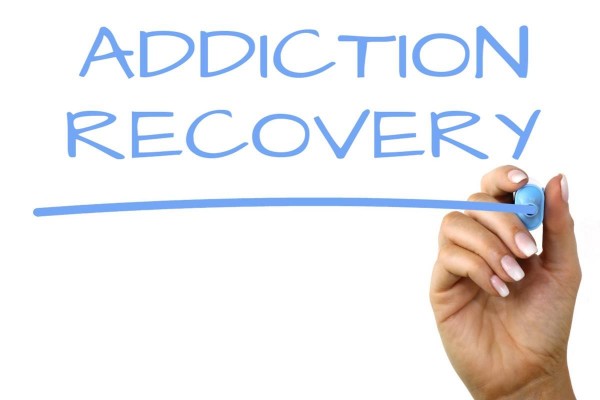 A major barrier to overcoming the challenges of addiction is stigma. “Stigma” is a word that comes from Latin and Greek, originally meaning a burn or other mark inflicted on another person to signify their disgrace. Today, stigma means labeling, stereotyping and discrimination. Breaking stigma and stereotypes require understanding. In order to understand addiction and how to break the stigma, we must also understand the different avenues of recovery.
A major barrier to overcoming the challenges of addiction is stigma. “Stigma” is a word that comes from Latin and Greek, originally meaning a burn or other mark inflicted on another person to signify their disgrace. Today, stigma means labeling, stereotyping and discrimination. Breaking stigma and stereotypes require understanding. In order to understand addiction and how to break the stigma, we must also understand the different avenues of recovery.
Alcoholics Anonymous (AA) and Narcotics Anonymous (NA) are two of the most well-known programs for recovery. NA and AA encourage individuals to seek healing while helping others on their recovery journeys. Although the two support groups have many similarities, they have distinct differences that can benefit people in various situations. Both groups use the 12-step process to encourage participants to become more self-aware and seek healing. They also involve literature and the stories of others to empower individuals to take charge of their recovery.
There is no one pathway to recovery. Some people receive substance abuse treatment as an inpatient or outpatient at a specialty facility. Some people seek medical treatment at a hospital. Others seek help from an outpatient mental health facility. Many choose to recover without using any clinical services. Another avenue is peer support groups in the community.
Everybody’s recovery looks different. The key is not to stigmatize one’s recovery because they recover differently than another. No matter what one’s recovery looks like or what recovery road they choose, remember to be encouraging. There is no right or wrong way to recovery and there is no easy path to recovery. The end goal is the same for everyone and that is to live a healthy, happy, sober life. Recovery programs are difficult, but the reward is your life.
Shared by Zach Wingert, Illinois Family Resource Center
What Are the Most Common Relapse Triggers?
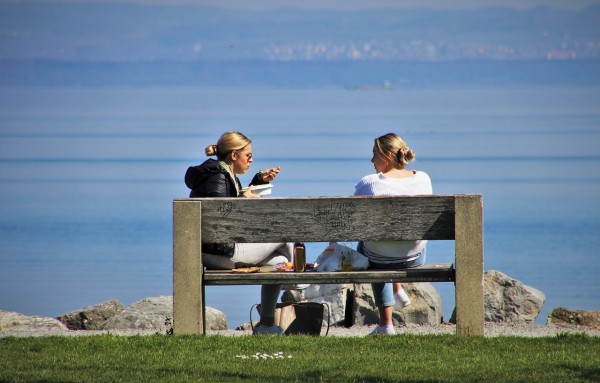 If you are concerned about someone you care about who is on their recovery journey, especially early in the journey, here are some triggers to be aware of from the Midwest Recovery Centers. As part of a support system, take a look at the information offered for these issues. To help: A trigger in the context of substance use and addiction refers to any circumstance or stimulus promoting the use of a substance or cravings for it. Triggers vary a lot between individuals and can be associated with internal and external things. Triggers can be categorized as:
If you are concerned about someone you care about who is on their recovery journey, especially early in the journey, here are some triggers to be aware of from the Midwest Recovery Centers. As part of a support system, take a look at the information offered for these issues. To help: A trigger in the context of substance use and addiction refers to any circumstance or stimulus promoting the use of a substance or cravings for it. Triggers vary a lot between individuals and can be associated with internal and external things. Triggers can be categorized as:
- Environmental
- Social
- Emotional
- Cognitive
- Routine
- Physiological
- Media cues
- Celebratory
Check out: Most Common Relapse Triggers and How to Manage Them (midwestrecoverycenters.com)
